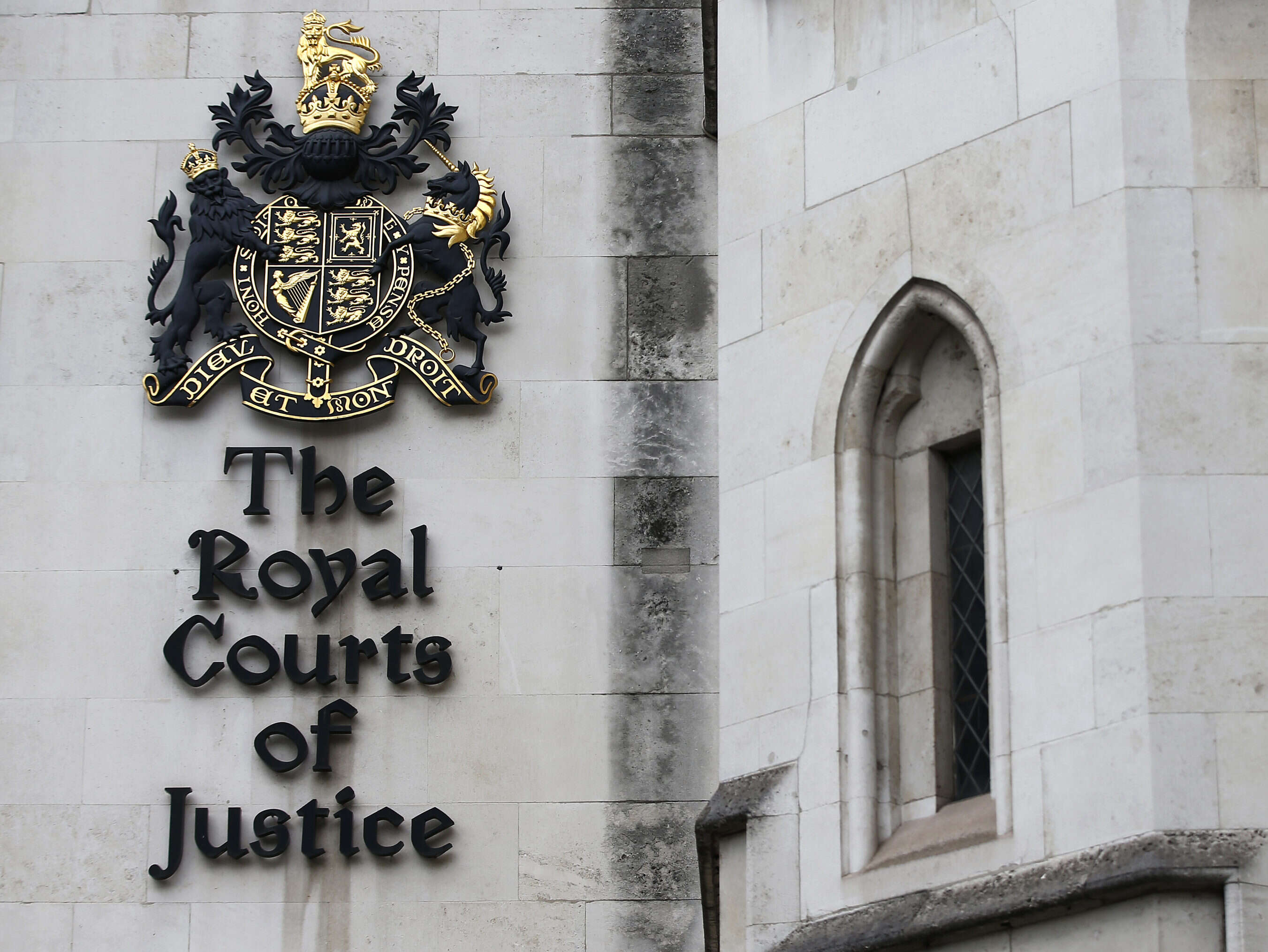
Journalists challenging reporting restrictions in the family courts should not be faced with costs, unless they behave in a “reprehensible” manner, the court’s president has said.
Sir Andrew McFarlane has issued new guidelines for reporters covering proceedings in the family division of the High Court prompted after freelance journalist Louise Tickle won a landmark appeal case.
Tickle, supported by the BBC, successfully overturned reporting restrictions on a case last October that she described as a “real exemplar” of a local authority using “weak evidence” to put a child into adoptive care.
The new guidelines, published yesterday, aim to provide a step-by-step guide for reporters seeking to challenge family court reporting restrictions.
Said Sir Andrew: “In seeking to vary/lift reporting restrictions, the standard approach as to costs in children cases will apply and a reporter, media organisation or their lawyers should not be at risk of a costs order unless he or she has engaged in reprehensible behaviour or has taken an unreasonable stance.”
He said no formal applications to vary reporting restrictions need to be made either by reporters in court, who can make oral representations, or following the case where a challenge can be made by an email to the parties and the court clerk.
In his guidance he says courts must assist reporters wishing to attend a hearing, or to make representations and where representations are to be made adjournments should take place to allow for a conversation about the order and the variations sought, as well as reminding courts that contact details and copies of court orders should be provided when necessary.
Read the guidelines in full.
Email pged@pressgazette.co.uk to point out mistakes, provide story tips or send in a letter for publication on our "Letters Page" blog
